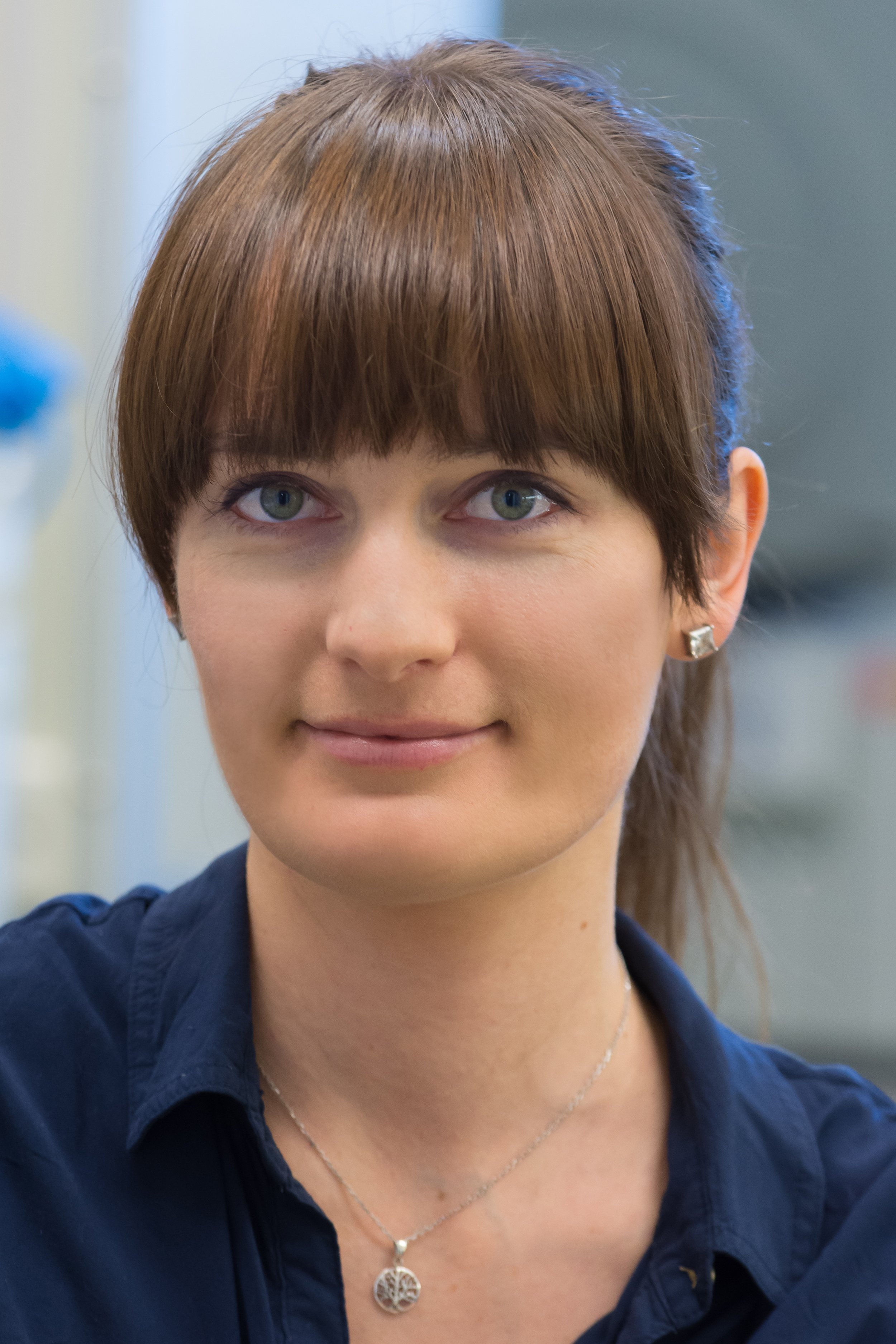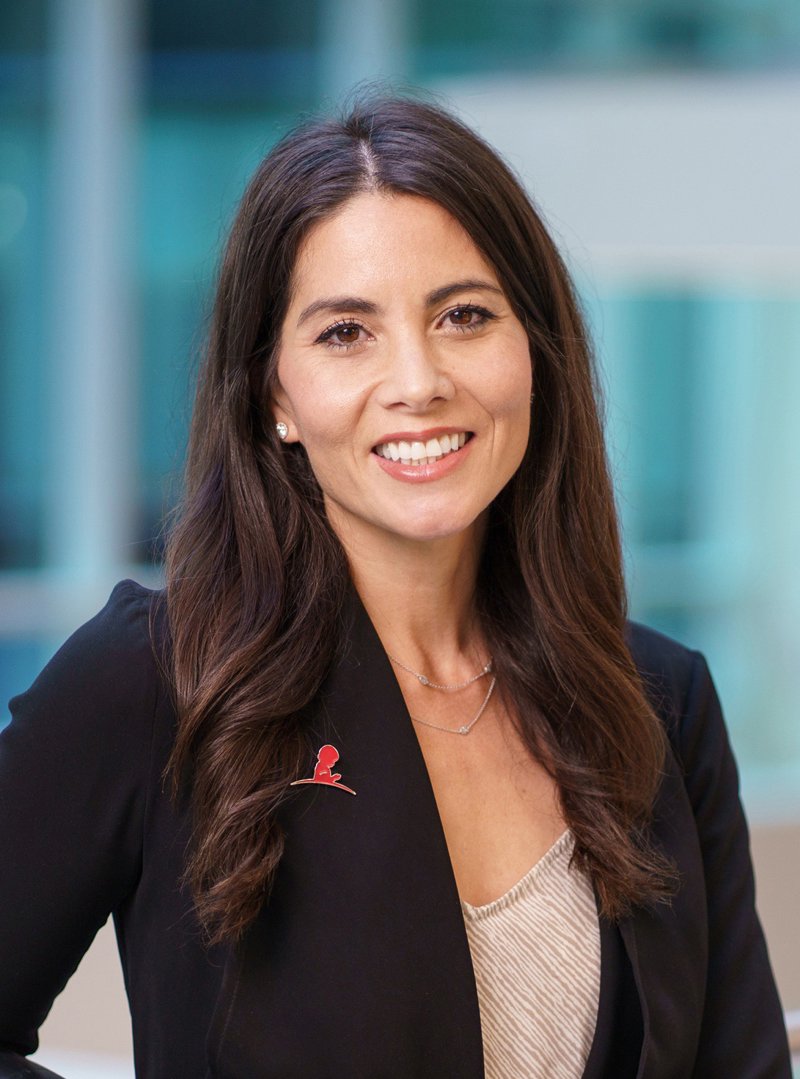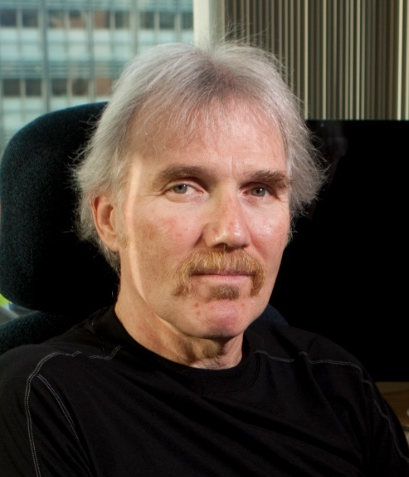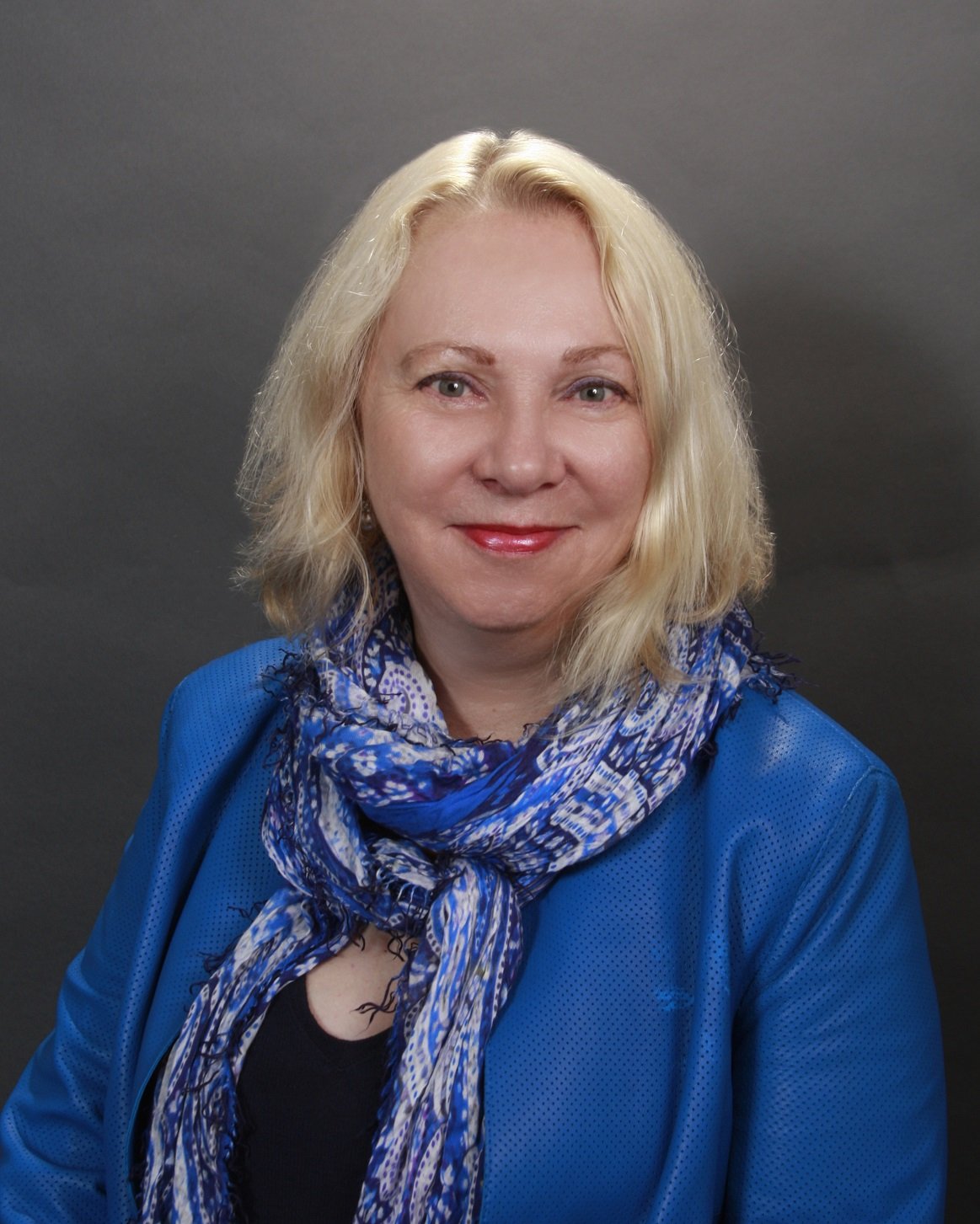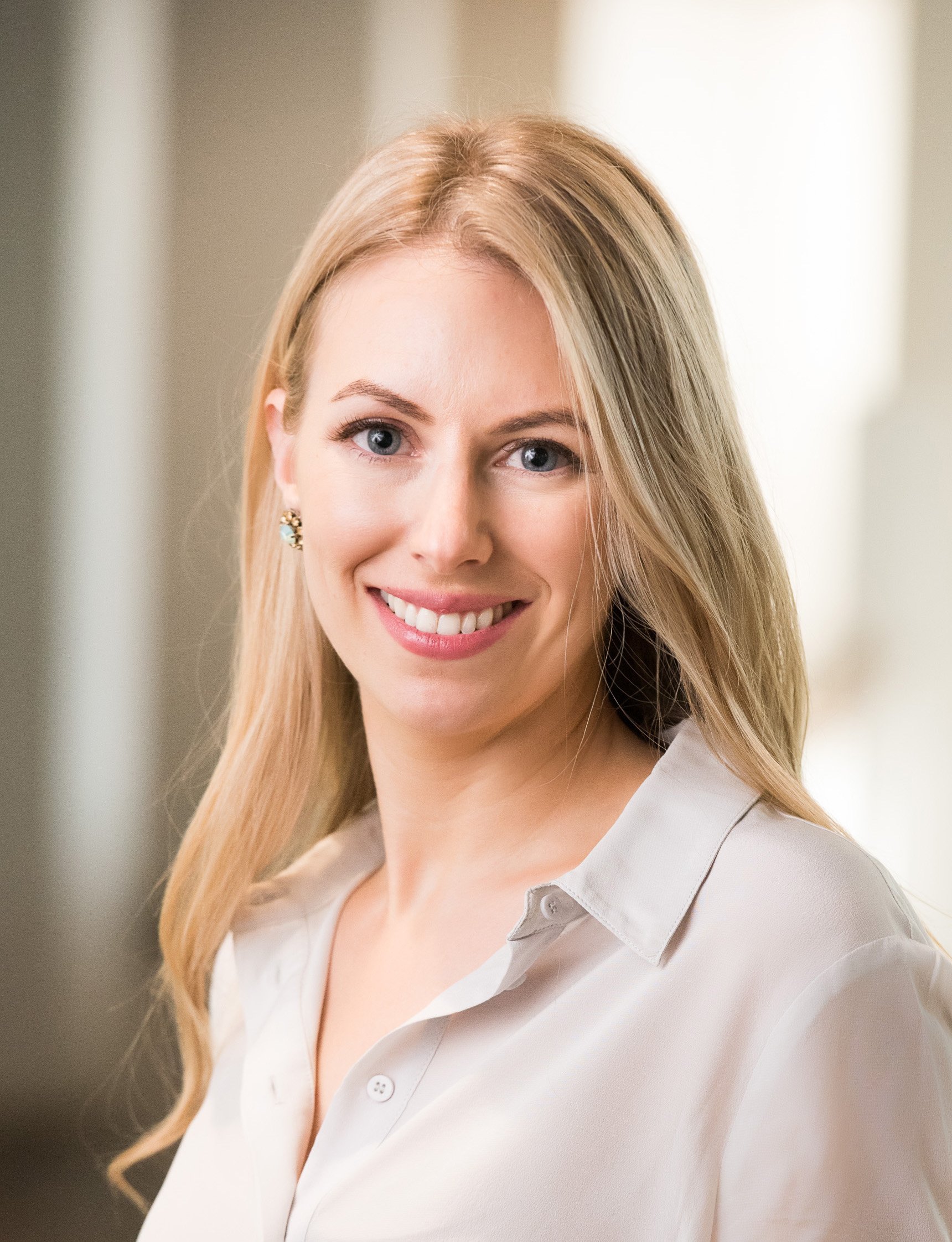INTERNATIONAL SPEAKERS
Professor Ravindra Majeti
Ravi Majeti MD, PhD is the RZ Cao Professor of Medicine (Hematology) and Director of the Institute for Stem Cell Biology and Regenerative Medicine at the Stanford University School of Medicine. He was an undergraduate at Harvard, earned his MD and PhD from UCSF, and trained in Internal Medicine at Brigham and Women’s Hospital in Boston. Dr. Majeti completed his Hematology Fellowship at Stanford and is a board-certified hematologist. While at Stanford, he completed post-doctoral training in the laboratory of Irving Weissman, where he investigated acute myeloid leukemia (AML) stem cells and therapeutic targeting with anti-CD47 antibodies. With Dr. Weissman, he developed a humanized anti-CD47 antibody, initiated first-in-human clinical trials, and in 2015, co-founded a biotech start-up Forty Seven Inc. Forty Seven Inc., along with the lead anti-CD47 antibody magrolimab, was acquired by Gilead in 2020. Dr. Majeti directs an active NIH-funded laboratory that focuses on the molecular characterization and therapeutic targeting of leukemia stem cells in human hematologic disorders, particularly AML, and has published >100 peer-reviewed articles. He is a recipient of the Burroughs Wellcome Career Award for Medical Scientists, the New York Stem Cell Foundation Robertson Investigator Award, and the Leukemia and Lymphoma Society Scholar Award. Dr. Majeti is a member of the American Association for Cancer Research (AACR) Task Force on Hematologic Malignancies. He also serves of the editorial boards of Blood, Cell Stem Cell, and Cancer Discovery.
Assistant Professor Heidi Neubauer
Dr. Neubauer obtained her PhD from the University of Adelaide, conducting her research at the Center for Cancer Biology to uncover mechanisms of cellular transformation and novel oncogenic functions of signaling proteins. In 2017, Dr. Neubauer undertook postdoctoral training in the Unit for Functional Cancer Genomics at the University of Veterinary Medicine Vienna, where she focused her expertise on the oncogenic signaling of the JAK-STAT core cancer pathway in blood cancers. Specifically, she characterized structural and functional properties of a clinically relevant STAT5 gain-of-function mutation, and developed novel pre-clinical models for rare and aggressive T cell cancers. In 2023, Dr. Neubauer was appointed as Assistant Professor in the Institute for Medical Biochemistry at the University of Veterinary Medicine Vienna, where her group studies oncogenic mechanisms in blood cancers that can be exploited to develop new therapeutic targeting strategies. Dr. Neubauer is a recipient of several awards including the Vetmeduni Vienna Young Scientist of the Year Award, the American Association for Cancer Research (AACR) Women in Cancer Research Scholar Award, and the David Walsh Prize of the Australia and New Zealand Society for Cell and Developmental Biology (ANZSCDB).
Dr Enrico Petretto
Dr Enrico Petretto obtained his degree in Physical Chemistry in 1998 (University of Sassari, Italy), and then moved into computational data modeling, specializing in Statistical Genetics during his MSc in Molecular Medicine and Genetic Epidemiology awarded in 2000 (The University School for Advanced Studies IUSS Pavia, Italy), and then during his PhD, which was awarded in 2003 (University of Sassari, Italy).
He then moved to Imperial College London, Faculty of Medicine, where he worked as Research Fellow. In 2007, Dr Petretto was awarded a 5-years competitive fellowship by Research Councils UK (RCUK), and at the same time he was promoted to Lecturer in Genomic Medicine. In 2009, he obtained a Career Development Award from the MRC London Institute of Medical Sciences (LMS), Imperial College London, and becomes Senior Lecturer in Genomic Medicine at Imperial College London. From 2009 until 2013, Dr Petretto was Member of the Academic Advisory Group for IT & Computing of MRC-LMS, Imperial College, leading and managing the core-Bioinformatics support service and IT & Computing department for the MRC-LMS of Imperial College. In 2012 he was promoted to Tenured Track Group Leader at the MRC London Institute of Medical Sciences of Imperial College.
In 2014 Dr Petretto moved to Duke-NUS Medical School in Singapore as Associated Professor with tenure where he leads a research program in Systems-Genetics. From 2020, Dr Petretto is also Theme Leader for Bioinformatics and Systems Genetics at the Institute of Molecular and Translational Cardiology (IMTC) for the study of Brugada Syndrome and Sudden Death, Policlinico San Donato University and Research Hospital in Milan (Italy), and Adjunct Professor at the Institute of Big Data and Artificial Intelligence, China Pharmaceutical University (CPU) in Nanjing (China). From 2021, Dr Petretto took the position of Director of the Centre for Computational Biology (CCB).
Enrico Petretto has developed a research programme in Systems Genetics to study the genetic regulation of cellular pathways and gene networks that drive human disease. His lab uses Systems Biology and integrative genomics approaches to identify new drug targets for various complex disease, including cardiometabolic (e.g., cardiomyopathies, Brugada Syndrome) and fibrotic disease, diabetic nephropathy, cancer and important brain disorders such as epilepsy and Alzheimer’s disease. The identified drug targets are then followed up experimentally in Petretto’s lab using several cellular and pre-clinical disease models.
Associate Professor Jasmine Plummer
Dr. Jasmine Plummer, PhD is the founding Director of the Center for Spatial Omics and member of the Comprehensive Cancer Center at St Jude’s Children’s Research Hospital. She is an Associate Professor in the Department of Developmental Neurobiology and the Department of Cellular and Molecular Biology. She received her PhD in Medical Genetics at the University of Toronto, Mount Sinai Hospital. Dr. Plummer completed her post doctoral training at Children’s Hospital Los Angeles and University of Southern California and moved into a faculty role at Cedars Sinai where she became a PI of the Human Cell Atlas. Dr. Plummer was also co-director of the Genomics Core at Cedars Sinai which focused on generating genomic data for a variety of technologies from single cell and spatial assays to sequencing. Dr. Plummer’s lab uses a mult-iomic approach through single cell and spatial genomics to better understand the pathogenesis of neurodevelopmental disorders and cancer.
Professor John Scott
John D. Scott is the Edwin G. Krebs-Speights Professor of Cell Signaling and Cancer Biology and Chair of the Department of Pharmacology at the University of Washington in Seattle. He and his colleagues discovered A-Kinase Anchoring Proteins (AKAPs) a prototypic class of signal organizing proteins that profoundly influence the scope, duration, and flow of information within cells. The physiological significance of this mechanism is validated in numerous pathological contexts.
Professor Valerie Weaver
Dr. Weaver is Professor and Director of the Center for Bioengineering and Tissue Regeneration in the Department of Surgery, with a cross-appointment in Bioengineering and Therapeutic Sciences at UCSF. She has a BSc in Chemistry from the University of Waterloo, and an Honors BSc and PhD in Biochemistry from the University of Ottawa, Canada. She completed postdoctoral training at the Canadian NRC and with MJ Bissell at LBNL, Berkeley California, and joined the Pathology Department at the University of Pennsylvania and IME before relocating to UCSF. In recognition of her seminal contributions on the biochemical and biophysical properties of the extracellular matrix in tissue morphogenesis and cancer she is an elected fellow of the AIMBE and ASCB and has received numerous accolades including DOD BCRP career development, Scholar and Scholar expansion awards, an ASCB WICB Midcareer award, The Colin Thomson Medal of Honor from Worldwide Cancer Research, an NCI R35 Outstanding Investigator award and the BMES CMBE Shu Chien Achievement Award.
NATIONAL SPEAKERS
Associate Professor Maté Biro
A/Prof. Maté Biro received his PhD summa cum laude at the Max Planck Institute of Molecular Cell Biology and Genetics in Germany in 2011. His doctoral work focused on the biophysics of cellular actin cortex assembly. He previously studied Physics (BSc) and then Bioinformatics and Theoretical Systems Biology (MSc) at the Imperial College in London, UK, and did his Masters research at MIT, Cambridge, MA, USA. He has worked at a particle accelerator in Tsukuba, Japan and as a Research Associate for A*STAR in Singapore. In 2012, he moved to the Centenary Institute at the University of Sydney, working on T cell migration and antitumour functions. A/Prof. Biro joined EMBL Australia as a group leader at the Single Molecule Science node based at the University of New South Wales, Sydney in January 2016. His research, highly multidisciplinary in nature, focuses on the migration of cytotoxic lymphocytes and tumour cells, and the signaling and mechanical interactions between them. A/Prof Biro is a founder and the president-elect of the Australian Society for Mechanobiology.
Associate Professor Kristin Brown
Following postdoctoral studies at Harvard Medical School, A/Professor Kristin Brown relocated to Australia in 2016 to establish her independent research laboratory. Kristin is a Group Leader at the Peter MacCallum Cancer Centre and holds a joint appointment in the Department of Biochemistry and Pharmacology at the University of Melbourne. Her research team investigates the fundamental mechanisms contributing to the regulation of cellular metabolism, and the impact of aberrant cellular metabolism on tumour initiation and progression. This knowledge is applied to the pre-clinical development of novel and more effective interventions for cancer therapy
Associate Professor Christine Chaffer
Associate Professor Christine Chaffer has long standing expertise in breast cancer research. She has described for the first time that non-aggressive breast cancer cells can spontaneously convert into an extremely aggressive, metastatic, and therapy-resistant cell state. A therapeutic combination arising from this finding has entered the clinic as the first state-gating therapy to block the dynamic processes that lead to the emergence of new therapy-resistant cell states. Moreover, her group concomitantly discovered a biomarker to identify patients best-suited to this novel therapeutic strategy. This therapeutic approach has a transformative clinical potential across multiple cancer types. To further our understanding of the breadth of plasticity programs at play in cancer, A/Prof Chaffer has worked with computational and machine learning expert Prof Krishnaswamy (Yale) to develop the capacity to uncover cell state trajectories from static single cell collected across a broad time course, and devised the causal gene regulatory networks underlying those trajectories. Continued computational development in this space is crucial for the meaningful analysis of single cell data and spatial transcriptomics to ensure the success of the program. A/Prof Chaffer’s work has been published in Cell, Science, Cancer Discovery, PNAS and Nature Cell Biology.
Dr Andrew Cox
Dr Andrew Cox earned his received his PhD from the University of Otago, New Zealand. He then undertook postdoctoral training at Brigham and Women’s Hospital, Harvard Medical School. In 2016, Dr Cox became a group leader in the Organogenesis and Cancer Program at the Peter MacCallum Cancer Centre and holds a joint appointment in the Department of Biochemistry and Pharmacology at the University of Melbourne. His laboratory uses zebrafish as a model system to elucidate pathways involved in liver regeneration and liver cancer. A central theme of his work is to understand how molecular pathways reprogram metabolism to fuel growth.
Associate Professor David Croucher
David completed his undergraduate studies and PhD research at the University of Wollongong, followed by a post-doctoral position at the Garvan Institute, focusing on the functional characterisation of oncogenic proteins in the behaviour of cancer cells. Pursuing the idea that cancer-related proteins are embedded within dynamic networks, David undertook a second post-doctoral position at Systems Biology Ireland in University College Dublin.
After establishing a research group at Systems Biology Ireland, David received a Future Research Leader grant from Cancer Institute NSW in 2014 and returned to the Garvan Institute as head of the Network Biology group. He was an NBCF Fellow from 2018 until 2022, as well as receiving the inaugural Elaine Henry NBCF Fellowship in 2020.
His research group now focuses on combining novel proteomic and single-cell technologies with computational modelling to investigate how dynamic protein networks can be targeted to improve outcomes in a number of tumour types, including neuroblastoma and triple-negative breast cancer.
Associate Professor Raelene Endersby
Associate Professor Raelene Endersby is co-head of the Brain Tumour Research Program which is part of the Telethon Kids Cancer Centre. She joined the Telethon Kids Institute in Perth, Western Australia, in 2011 after a postdoc at St Jude Children's Research Hospital in Memphis, USA. Her laboratory works at the interfaces between mechanistic cancer biology, developmental neurobiology, and clinically relevant challenges in paediatric neuro-oncology, with the goal to identify novel therapeutic approaches and rational therapeutic combinations for childhood brain cancers.
Dr Matthias Ernst
A PhD graduate from the Swiss Institute of Technology (ETH) in Zurich (Switzerland), Matthias Ernst trained initially as a postdoctoral fellow in the Pharmaceutical Industry at Merck Sharp & Dohme (USA) in the area of bone biology. In 1990, he joined the Ludwig Institute for Cancer Research in Melbourne to extend his studies into molecular mechanisms that underpin the growth of cancer cells. In 1996 Matthias Ernst was recruited as Deputy Head for the Bone Biology Research Department at Novartis in Switzerland and returned to Australia in late 1997. He was appointed Acting Director for Ludwig Institute’s Parkville Branch in 2009 and in 2012 moved to the Walter and Eliza Hall Institute. From 2015-22, Matthias Ernst served as the Director of the newly established Olivia Newton-John Cancer Research Institute (ONJCRI), and Head of the La Trobe University School of Cancer Medicine. He continues to lead ONJCR’s Cancer Environment & Immunology Program.
Matthias Ernst’s works focuses on understanding the molecular basis whereby cancers coerce their environments to achieve selective growth advantage. He uses these insights to identify and exploit these mechanisms as Achilles’ heels to identify novel therapeutic targets for the development of associated therapeutics. Matthias is passionate to ensure that laboratory discoveries lead to clinical benefits as well as enable commercial collaborations, and the research from his group has been cited more than 20,000 times. Over the past decades, he has enjoyed uninterrupted major funding from the Commonwealth’s National Health and Medical Research Council (NHMRC) and he is currently an HNMRC Investigator. He is driven by research excellence arising from the responsibility of using taxpayers’ funds for medical research, and he leads ONJCRI by this conviction.
Professor Alistair Forrest
Al Forrest is the Head of the Systems Biology and Genomics Lab and an Associate Director at the Harry Perkins Institute of Medical Research. He is an internationally recognised expert in transcriptomics and is best known for his role as scientific coordinator of the FANTOM5 project which generated genome wide maps of promoters, genes, enhancers, long-noncoding RNAs and miRNAs in human and mouse.
Since returning to Australia in 2015 he led the formation of the Western Australian Cancer Single Cell Genomics Consortium with collaborative capacity building grants from the Cancer Research Trust and the Australian Cancer Research Foundation. The consortium is using single cell, single nuclei and spatial transcriptomics to study cancer, immunology, wound healing and development. His team consists of 'wet-bench' and 'dry-bench' scientists which work together to support a collaborative consortium of 100 cancer researchers across Perth. For an overview of his research see: https://scholar.google.com.au/citations?user=lxBtOAoAAAAJ
Professor Laura Mackay
Laura Mackay is a Professor at The University of Melbourne and Immunology Theme Leader at The Peter Doherty Institute. She is currently a Howard Hughes Medical Institute (HHMI) and Bill & Melinda Gates International Scholar, Dame Kate Campbell Fellow, Sylvia & Charles Viertel Charitable Foundation Senior Medical Research Fellow and NHMRC Leadership Investigator. She is a Fellow of the Australian Academy of Health and Medical Sciences (AAHMS) and recipient of Awards including The Prime Minister’s Prize for The Frank Fenner Life Scientist of the Year, The Gottschalk Medal, Eureka Prize for Outstanding Early Career Researcher, Woodward Medal in Science and Technology, Michelson Prize for Human Immunology and she is the Immediate Past President of The Federation of Immunological Societies of Asia-Oceania (FIMSA). Dr. Mackay has been at the forefront of research on immunological memory, and how memory T cells protect the body against disease. Her work was instrumental in the discovery that a subset of immune cells called tissue-resident memory T cells are critical for the control of infection and cancer (as published in Nature, Science, Nature Medicine, Nature Immunology, Immunity, Cancer Cell, J Exp Med, PNAS). The current focus of her Laboratory is on the molecular signals that govern tissue-resident memory T cell differentiation, with a view to harness these cells for the development of new immunotherapeutic strategies against disease.
Professor James Murphy
James Murphy is Professor and Head of the Inflammation Division at the WEHI. He has published >160 papers advancing mechanistic knowledge of the roles of several pseudokinases, protein kinases, cytokines/receptors and epigenetic regulators in signal transduction, with a particular focus on MLKL, the key pseudokinase in the necroptosis cell death pathway. He is highly engaged in learned society journals, including as Chair of the Publications Committee of the IUBMB; Editor-in-Chief of the reviews journal of the UK Biochemical Society, Biochemical Society Transactions; and as an Associate Editor of Biochemical Journal and a member of the Editorial boards of JBC, CDD, Structure and TIBS.
Dr Antonella Papa
Antonella Papa heads the Cancer Biology and Cell Signalling Laboratory at Monash University. She received her PhD from the University of Bologna, Italy, working on signalling cascades downstream of neurotrophin receptors in neuroblastoma. She then performed postdoctoral studies at Harvard Medical School, USA, studying mechanisms underpinning Pten loss-driven tumourigenesis.
At Monash, Antonella has established new lines of research defining mechanisms promoting breast tumorigenesis and her lab uses pre-clinical models, omics approaches and functional 3D assays to develop novel treatments for therapy-resistant breast cancer.
Antonella has received funding from the NHMRC and philanthropy and currently is a Victorian Cancer Agency (VCA) Mid-Career Research fellow
Prof Alex Swarbrick
Alex is a Senior Principal Research Fellow and co-Leader of the Cancer Ecosystems Program in the Garvan Institute of Medical Research; a Professor at UNSW Sydney and an NHMRC Senior Leadership Fellow. Alex completed his PhD at UNSW Sydney, followed by a postdoctoral fellowship with J. Michael Bishop at UCSF. His lab applies cellular genomics to human breast cancer, prostate cancer & melanoma to gain systems-level insights into disease aetiology and the development of novel treatment strategies.


